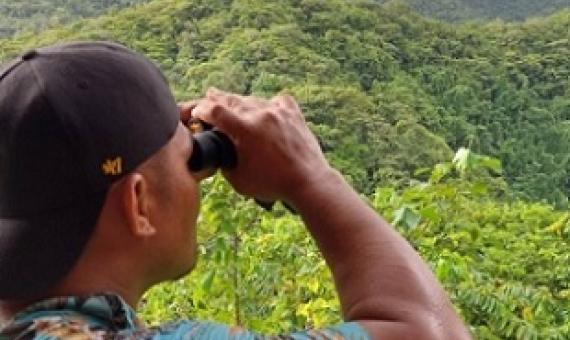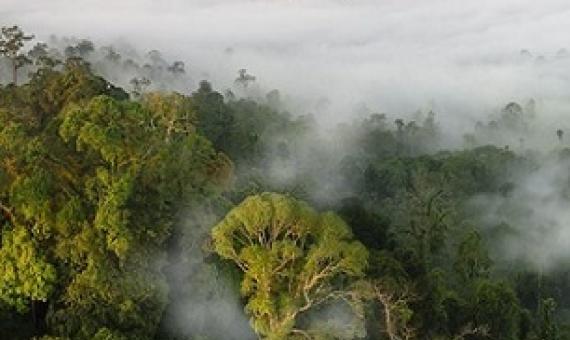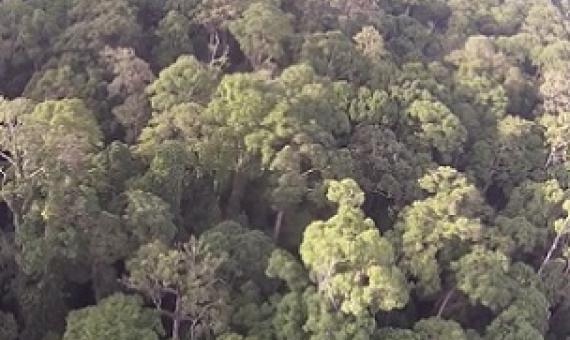Pacific Seabirds Survey and monitoring Manual. Tools to Support Seabird Conservation across Ecosystems in Oceania
The goal of this manual is to encourage and support seabird conservation and research across the region, particularly in areas where this work is just starting out. We consider all of the proven methods and survey types that are currently in use across the region, to provide readers with the tools required to run successful seabird survey and monitoring programmes. To further illustrate how successful projects can be undertaken, real world case studies are presented – written by experts currently working in the field.










